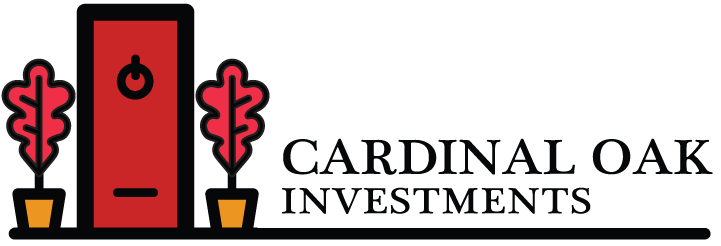The multifamily real estate market could be about to experience a profound transformational change through adoption of blockchain technology. If you’re not up on it, start reading up.
First imagine being able to buy a small share in a multifamily investment, say $1,000 or less. The number of buyers is many times the number who are syndicating and investing today. Demand for those shares will go up and property prices will go up.
Blockchain keeps track of it all – owners, title, loans. Every “share” is identified by a unique number, a node on a blockchain, that can’t be changed and whose owner is unambiguous.
The costs of buying into these shares goes down because it is a fluid, low friction, low overhead marketplace. There would not be brokers or lenders involved in these transactions, only buyers and sellers.
It’s not here yet today, though, because the tools to facilitate these transactions are not yet built. But they’re coming, and the first entries into this marketplace have already been produced and are in use.
Now imagine what it is like to buy stock before it goes public in a technology company that you know the product is good, is selling well, and is likely to have healthy growth for years to come. You’re like an angel investor. When that stock goes public, the valuation almost always goes up substantially.
If you own multifamily today, that’s what you’ll be. An early investor, before it went public. Ownership of the property gets transformed into smaller shares, a market is available to purchase them, and buyers can be anyone.
Let’s watch this new market as it starts taking hold
